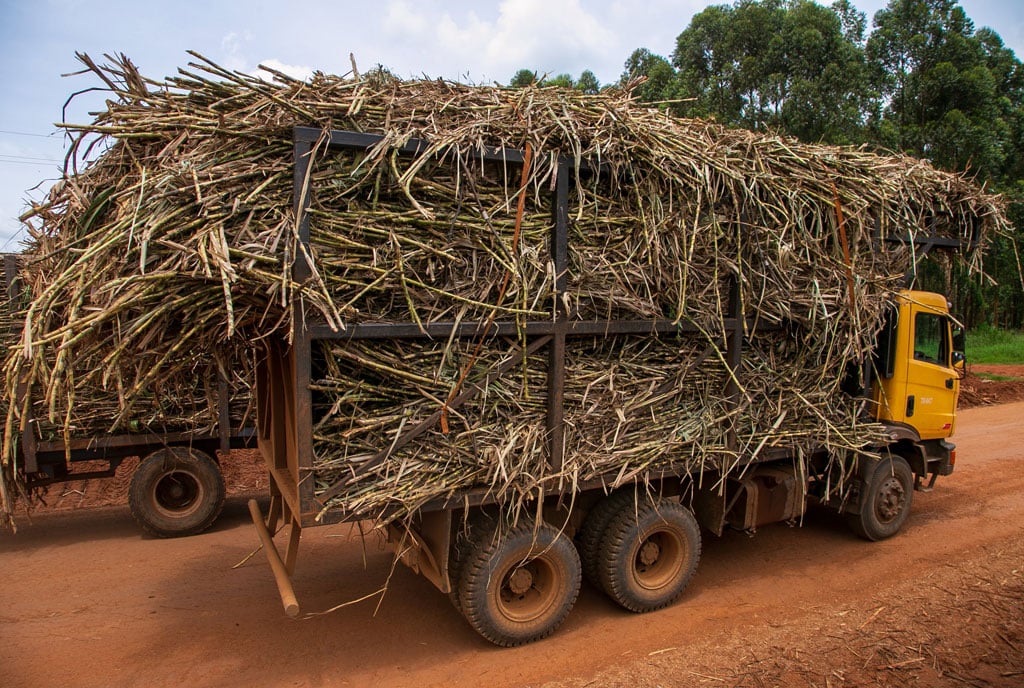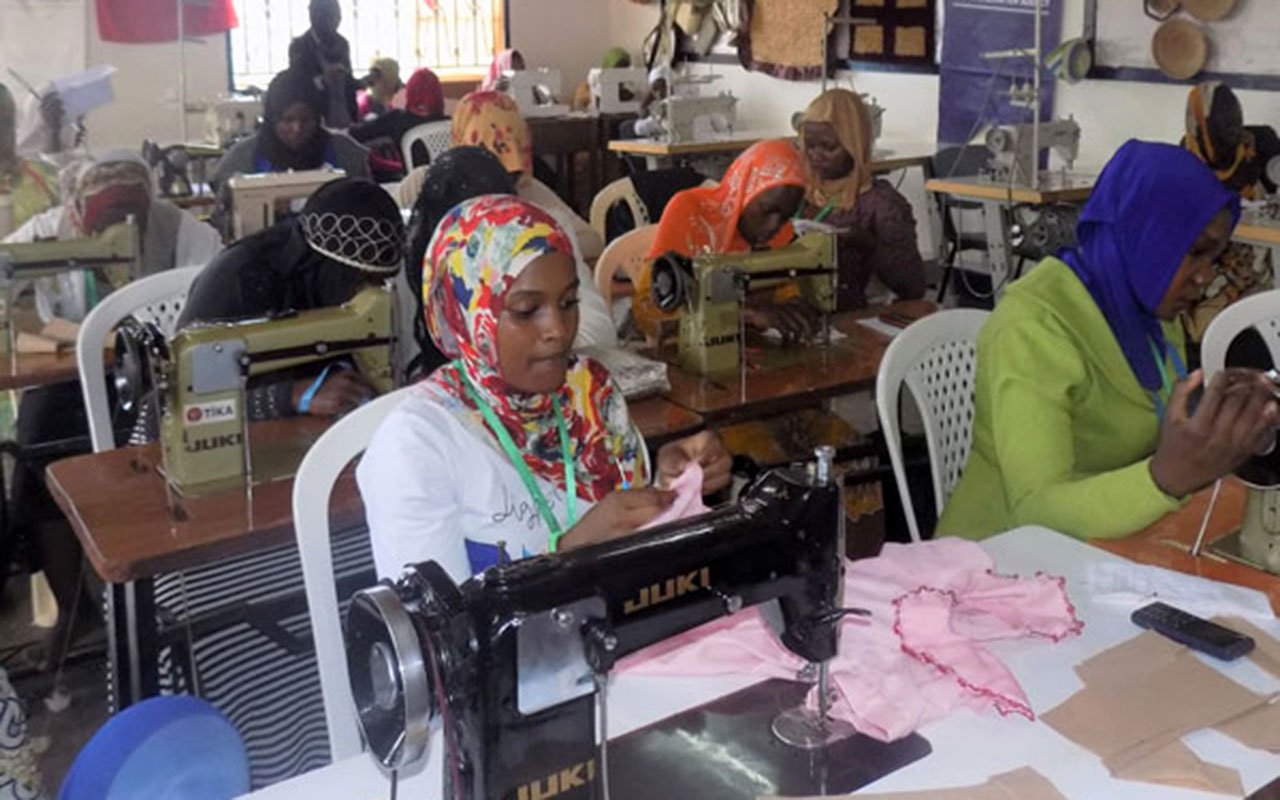Ugandans to feel brunt of high sugar prices as Kenya allows regional imports

A shop attendant measures sugar in Uganda. PHOTO/FILE/COURTESY
What you need to know:
- Uganda National Sugarcane Growers Association has called on millers to also consider increasing sugarcane prices from Shs123,000 to Shs200,000 per tonne.
Ugandans may have to dig deeper into their pockets to buy sugar following a surge in its market prices influenced by Kenya allowing regional importing.
A 50-kilogramme bag of sugar is currently going for Shs200,000, up from Shs120,000 in August, while last December, the same amount of sugar went for Shs250,000.
Experts and players in the sector attribute the increase in sugar prices to Kenya’s decision to lift the ban on its importation from Uganda.
Uganda Sugar Manufacturers’ Association chairperson Jim Mwine Kabeho told Monitor that the sugar prices could skyrocket due to an increase in demand.
“Previously, we have not been exporting sugar to Kenya following the suspension, but it has now been lifted,” Kabeho said on October 6.
On August 13, Kenya issued a notice, asking all stakeholders, including the Interior Ministry and Kenya Revenue Authority, to immediately enforce a ban on sugar imports from outside the Common Market for Eastern and Southern Africa (COMESA) and the East African Community (EAC), citing an increase in local or domestic production.
The letter signed by Kenya’s Permanent Secretary in the Ministry of Agriculture and Livestock Development, Ronah Kipronoh, indicated that there was adequate production of sugar in the neighbouring country due to ongoing reforms in the sugar industry.
In 2016 and 2019, President Museveni and his then Kenyan counterpart, Uhuru Kenyatta, successfully negotiated a bilateral agreement allowing Kampala to export 90,000 metric tonnes of sugar to Nairobi every year.
“Kenya denied banning the importation of sugar from Uganda, and clarified that the suspension was for other countries, not East African Community (EAC) member states; so, we are now exporting our sugar to Kenya,” Kabeho further explained, adding that “currently, there is less stock of sugar, which has forced its prices to skyrocket.”
He added: “We have price fluctuation. There are many issues involved, but once it stabilises, the prices will go down. It is the market forces of demand and supply.”
According to stakeholders, Kenya’s ban on importing sugar from Uganda contravened the EAC Common Market Protocol, under which partner states’ markets are integrated into a single market, enabling free movement of capital, labour, goods and services.

A truck carrying sugarcane in Eastern Uganda. PHOTO/FILE/TAUSI NAKATO
Greater Mukono Sugarcane Outgrowers Cooperatives Society Limited chairperson Julius Katerevu, decried soaring sugar prices with millers not thinking about increasing sugarcane prices.
“We only have Uganda with surplus sugar; trucks from Kenya, Tanzania, Rwanda, Sudan and other countries have parked at different factories waiting for sugar,” Katerevu told Monitor.
He added that they are advocating for value addition to sugarcane in order to get a wide range of products and increase their household income.
“We shall start slowly to add value on cane by making juice, spirit, plywood, electricity and charcoal through seeking support from government, NGOs and well-wishers,” Katerevu noted.
Uganda National Sugarcane Growers Association chairperson Isa Budhugo called on millers to consider increasing sugarcane prices from Shs123,000 to Shs200,000 per tonne.
Farmers continue enduring low prices for their sugarcane amid fluctuating prices that stood at Shs80,000 per tonne in August 2024 and Shs240, 000 in December 2023.
Kabeho remains optimistic that sugarcane purchase prices will increase following a rise in sugar prices and demand of the product.



